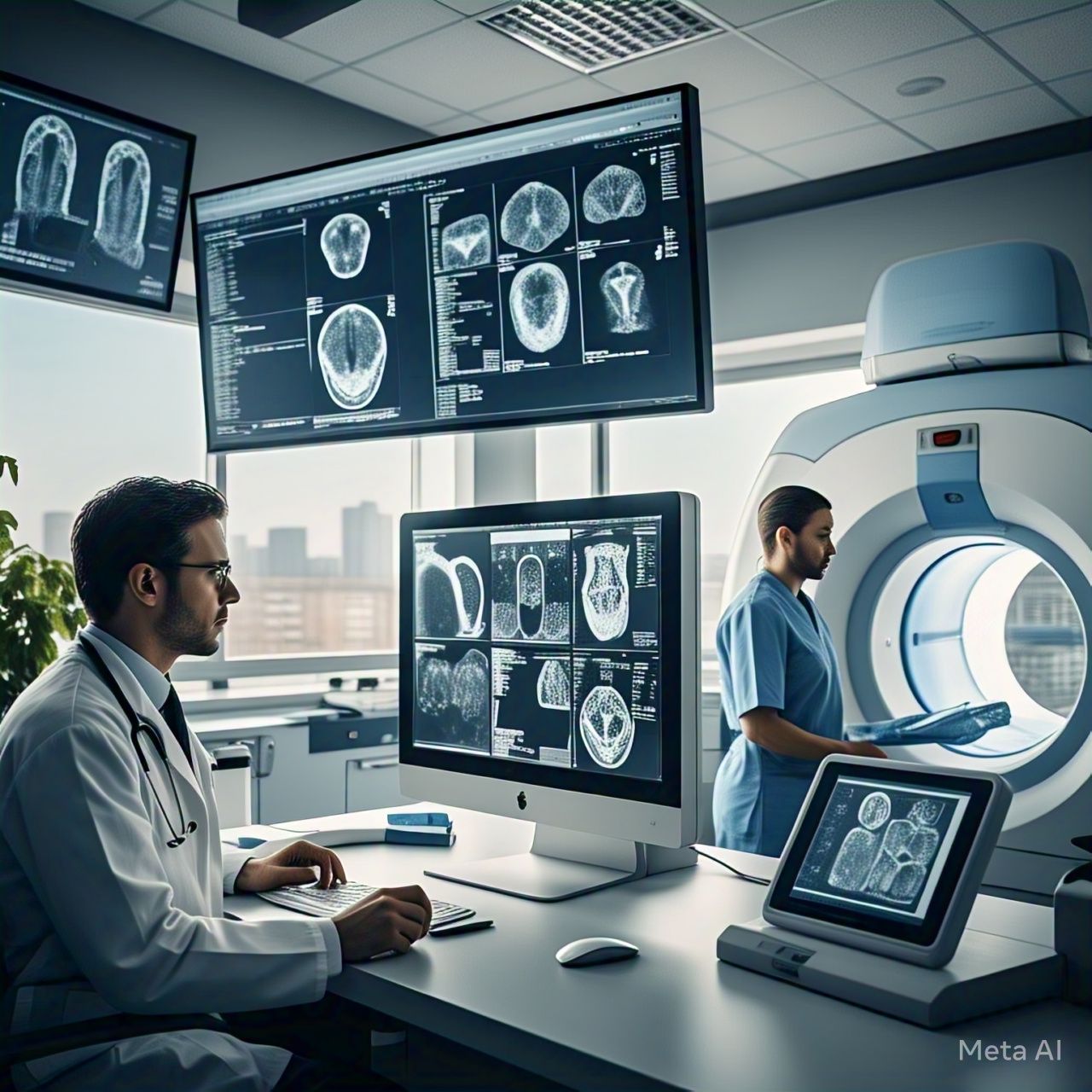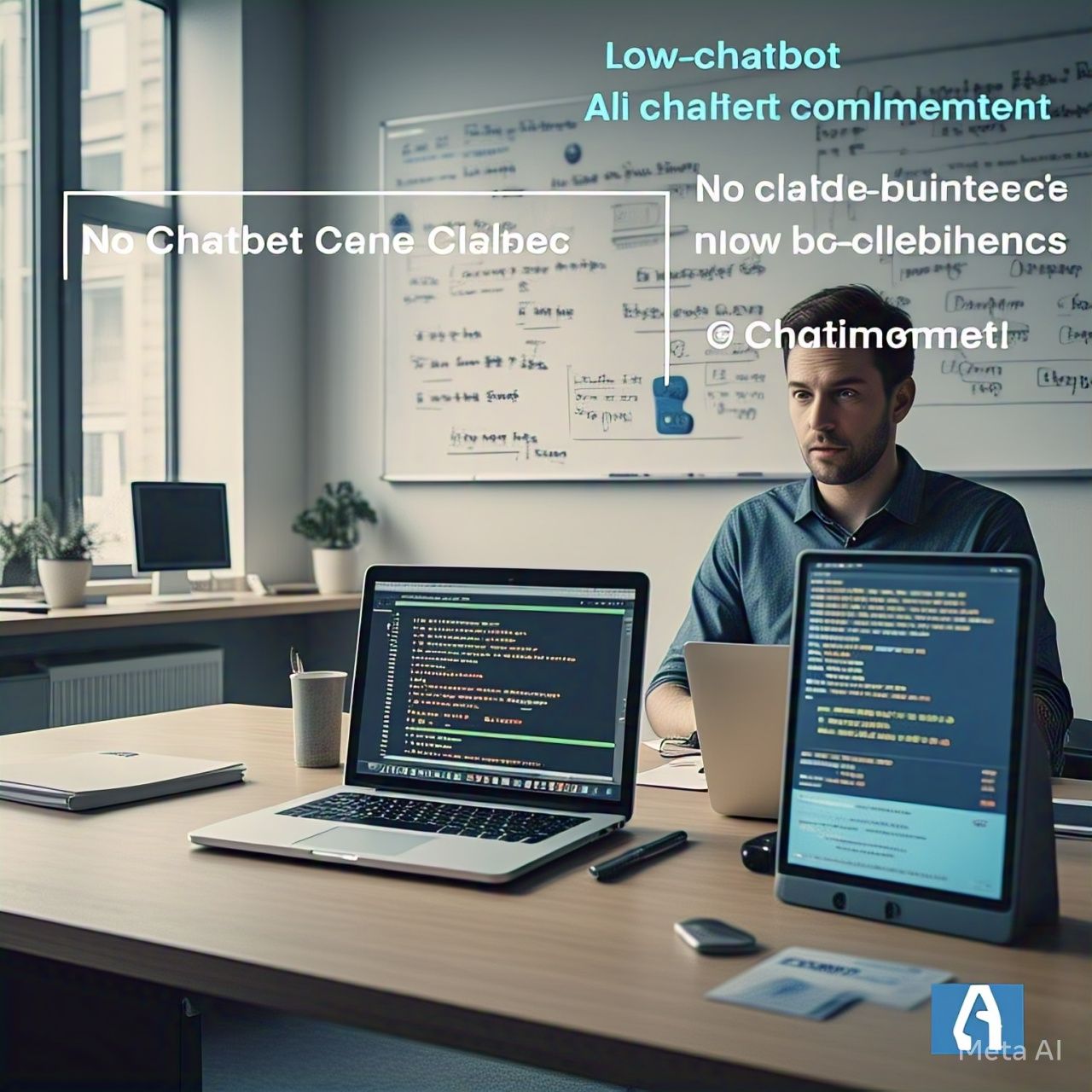Table of Contents
- Introduction
- The Role of AI in Modern Medicine
- Potential Benefits of AI in Healthcare
- Limitations of AI in Replacing Doctors
- Ethical Concerns in AI-Driven Healthcare
- Patient-Doctor Relationship
- Accountability and Medical Errors
- Data Privacy and Security
- Can AI Fully Replace Doctors?
- The Future of AI in Medicine
- Conclusion
- FAQs
- Citations
Introduction
Artificial Intelligence (AI) is revolutionizing various industries, including healthcare. With advancements in machine learning, robotics, and big data analytics, AI is increasingly assisting in diagnostics, treatment recommendations, and even performing surgeries. However, the question remains: Can AI fully replace doctors? This article explores the potential and limitations of AI in healthcare, focusing on the ethical implications of replacing human doctors with machines.
The Role of AI in Modern Medicine
AI is being integrated into healthcare in several ways, including:
- Medical Imaging Analysis: AI can detect abnormalities in X-rays, MRIs, and CT scans faster and more accurately than human radiologists.
- Robot-Assisted Surgeries: AI-driven robotic systems assist in minimally invasive surgeries, enhancing precision.
- Virtual Health Assistants: AI-powered chatbots provide initial medical guidance and answer patient queries.
- Predictive Analytics: AI analyzes large datasets to predict disease outbreaks, patient deterioration, and treatment outcomes.
| AI Applications in Medicine | Benefits |
|---|---|
| Medical Imaging | Faster, more accurate diagnosis |
| Robotics in Surgery | Increased precision, reduced recovery time |
| Virtual Assistants | 24/7 patient support, cost reduction |
| Drug Discovery | Faster identification of potential treatments |
Potential Benefits of AI in Healthcare
- Improved Accuracy: AI can analyze vast amounts of medical data to identify diseases with high precision.
- Faster Diagnoses: AI reduces the time needed to diagnose conditions, leading to earlier treatment.
- Cost Reduction: Automating administrative and diagnostic processes lowers healthcare costs.
- Accessibility: AI-powered tools can provide medical assistance in remote areas with a shortage of doctors.
Limitations of AI in Replacing Doctors
Despite its advantages, AI has several limitations:
- Lack of Human Judgment: AI lacks the ability to empathize with patients and understand complex emotions.
- Data Biases: AI models can inherit biases from the datasets they are trained on, leading to disparities in treatment.
- Limited Adaptability: AI struggles with novel or complex cases that require human intuition.
- Regulatory Challenges: Implementing AI in medicine requires strict regulation to ensure patient safety.
Ethical Concerns in AI-Driven Healthcare
1. Patient-Doctor Relationship
The human touch in healthcare is irreplaceable. Many patients feel comforted by human interaction, which AI cannot provide.
2. Accountability and Medical Errors
If an AI system makes a diagnostic error, who is responsible? Unlike human doctors, AI lacks legal and ethical accountability.
3. Data Privacy and Security
AI relies on vast amounts of patient data, raising concerns about confidentiality and potential breaches.
Can AI Fully Replace Doctors?
While AI can assist doctors and enhance medical efficiency, it cannot fully replace human expertise. Doctors possess:
- Critical thinking skills that allow them to adapt to new medical conditions.
- Emotional intelligence to comfort patients and provide personalized care.
- Ethical reasoning to make complex decisions beyond data-driven logic.
The Future of AI in Medicine
Instead of replacing doctors, AI is more likely to work alongside them, improving healthcare outcomes through:
- AI-assisted diagnostics that help doctors make faster, more accurate decisions.
- Augmented reality and robotics in surgery to enhance precision.
- Personalized medicine using AI to tailor treatments to individual genetic profiles.
Conclusion
AI is a powerful tool in modern healthcare, but it cannot fully replace human doctors. The best approach is a hybrid model where AI enhances medical practice while doctors provide the essential human touch in patient care. Ethical considerations, data security, and accountability remain critical in the future of AI-driven medicine.
FAQs
1. Will AI completely replace doctors in the future?
No, AI will likely assist doctors but not replace them entirely due to the need for human judgment, empathy, and ethical decision-making.
2. Can AI diagnose diseases better than doctors?
In some cases, AI can analyze medical data faster and more accurately, but human oversight is still necessary.
3. What are the biggest ethical concerns regarding AI in healthcare?
Key concerns include patient privacy, accountability for errors, and the impact on the doctor-patient relationship.
4. How does AI improve healthcare efficiency?
AI reduces administrative burdens, speeds up diagnoses, and enhances surgical precision, leading to better patient outcomes.
5. Is AI being used in hospitals today?
Yes, many hospitals use AI for medical imaging, robotic surgery, patient monitoring, and predictive analytics.
Citations
- Smith, J. (2023). The Role of AI in Healthcare: Opportunities and Challenges. Medical AI Journal.
- Johnson, R. (2022). Ethical Considerations in AI-Powered Medicine. Journal of Medical Ethics.
- White, T. (2023). How AI is Transforming Diagnosis and Treatment in Modern Healthcare. HealthTech Review.





